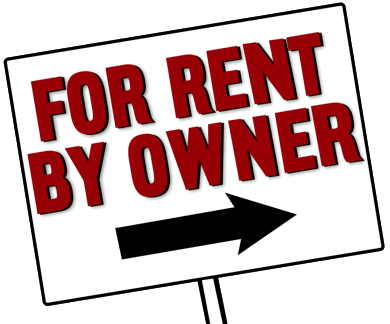Tenants of rental units and homeowners might have different rights, but all Americans have fundamental housing rights regardless if they’re renting or applying for a mortgage.
If you’re a potential renter, you might have a few questions regarding what rights you have and what applies to your landlord. To make sure you have a fair shake at residency, let’s review if landlords have to abide Federal Housing Authority (FHA) laws, when the FHA doesn’t apply, and what to do if you think your landlord is violating the FHA.
What is the Fair Housing Act?
The federal Fair Housing Act was created to stem discriminatory rental practices related to landlords, tenants, and housing. The FHA was part of a wave of civil rights legislation that made sure prospective tenants weren’t discriminated due to their religion, race, and other attributes known as protected classes.
Types of Protected Classes
Landlords cannot refuse rentals, applications, or discriminate based on the following reasons:
- Race
- Religion
- National origin
- Sex
- Disability
- Familial Status – You cannot be discriminated against if you are pregnant, have children, or are considering adoption.

What’s Protected Under the Fair Housing Act?
Landlords or property owners cannot participate in any discriminatory acts involving one or more of the following practices:
Housing advertisements – A housing advertisement cannot advertise against certain protected individuals e.g. “Whites only.”
Terms of Rental or Sale – A property owner cannot change the terms of rental or sale due any of the above protected reasons.
Denial of Housing – You cannot be refused housing based on a protected status.
Retaliation – Landlords cannot intimidate or retaliate against an organization assisting individuals with the exercise of fair housing acts.

When the FHA Doesn’t Apply
Section 8 Housing
Section 8 Housing Choice Vouchers is a federal program to assist very low-income residents, disabled, elderly, and other special needs citizens in securing housing. Section 8 is run by state and local governments. Section 8 uses a lottery system for distributing program funds.
According to law resource Nolo, refusing to rent to applicants with Section 8 vouchers does not violate FHA, since the vouchers aren’t considered a protected source of income. Refusal to rent to Section 8 vouchers for protected class status still violates FHA laws.
Four or Fewer Units- The FHA might not apply in cases of four units or fewer. This is most typical in situations where the landlord shares a unit with the tenant or lives directly on the property.
Senior Housing - Though the FHA bans discrimination on familial status, that does not apply to properties that require minimum ages like assisted living facilities or retirement communities.
Religious Housing – If the religious organization isn’t using rentals for commercial purposes, limiting occupancy based on religion is allowable.
Private Clubs – Apartments leased for private clubs and not for commercial purposes can limit occupancy on members allowed to reside in the club.
Single-Family Homes without Broker – If the owner of the rental owns three or fewer homes, the FHA doesn’t apply when a single-family home or unit is rented without a broker. This is most common with single unit rentals within large apartment complexes.
NOTE: Even if the rental is exempt for the FHA any owners must comply with the FHA regarding notices, bills, and advertising.

Tenant Rights
FHA laws apply to every state, but every state has their own set of tenant rights on top of federal law. Though every state is different, it’s important for any prospective tenant to research their state’s tenant rights for factors like:
Eviction – What rules apply to your landlord regarding eviction? What type of written notice is mandatory?
Disputes – Learn how any claims or disagreements between you and a neighbor or you and your landlord are handled. Do local or state laws apply?
Privacy Rights – What type of notice does your landlord need to give before entering your premises? What is the landlord allowed to do without your permission? Always know your privacy rights for better peace of mind.
Other Disturbances – Your rental should allow you to enjoy peace and quiet if you desire it. Any outside intrusions like loud music or noxious odors can violate your right to quiet enjoyment. Learn how your landlord and local laws handle disturbances of your peace.
What to Do If You Think Your Landlord is Violating FHA
What recourse to individuals have if they believe their application was turned down for discriminatory reasons, or if you feel you’re being improperly treated by your landlord? If you believe your landlord or property owner is violating the FHA, you can file a complaint online HUD.gov or call their discrimination hotline at (800) 669-9777.

Figuring Out Landlords and FHA Laws
Landlords must abide by the FHA just like mortgage lenders do, except in the rare cases listed above. When you’re getting ready to sign your agreement always remember you have certain rights under the FHA and never allow discrimination. With a great landlord and the FHA you’ll have plenty of freedom to enjoy your rental. For more information about renting or owning a rental, check out our For Rent by Owner blog.




